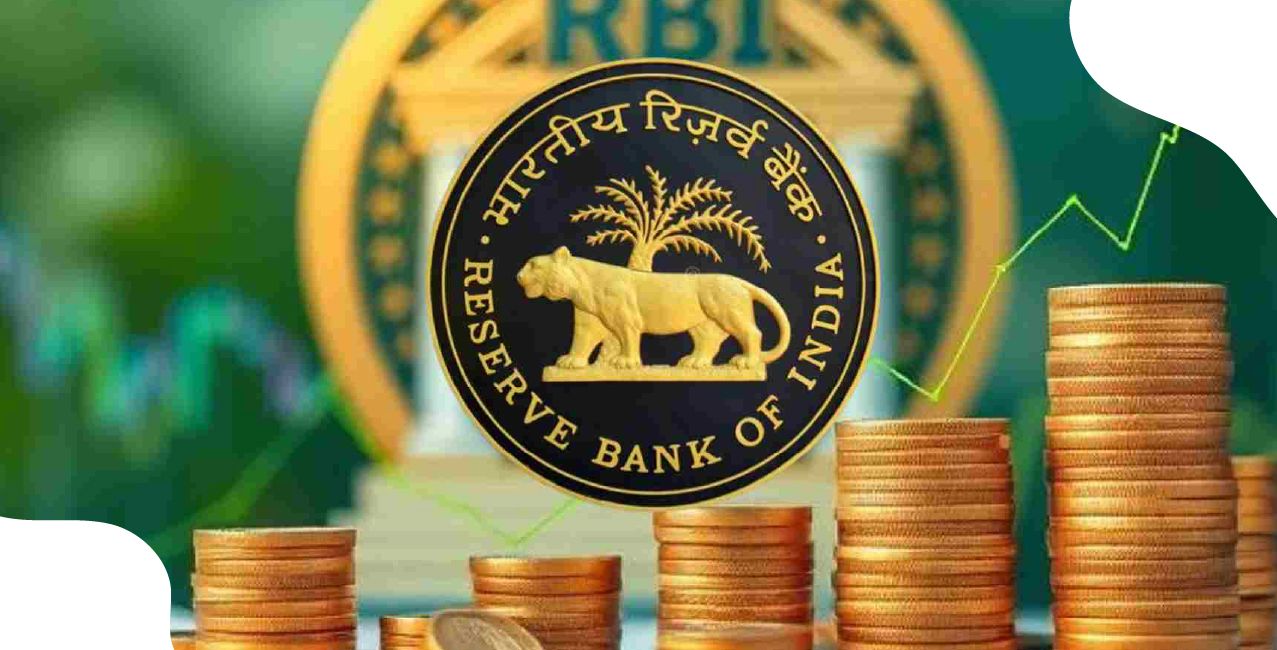Finance Ministry Plans Measures to Reduce Revenue Shortfall as Economy Slows

Check Your Loan Eligibility Now
By continuing, you agree to LoansJagat's Credit Report Terms of Use, Terms and Conditions, Privacy Policy, and authorize contact via Call, SMS, Email, or WhatsApp
Thailand’s Finance Ministry is stepping up measures to prevent a widening revenue gap as the country’s economic growth sharply slows down.
Permanent Secretary Lavaron Sangsnit acknowledged that tax collections are lagging behind expectations, citing downgraded GDP projections of under 2%, compared to the earlier 4.5–5% estimate.
Tax Revenue Fails to Keep Pace With Projections
Slower-than-expected growth has led to lower-than-projected revenue from key departments.
From October 2024 to May 2025, net government revenue stood at 1.704 trillion baht, falling short by 12.75 billion baht or 0.7%. Major tax collection departments together missed their targets by 55.6 billion baht (3.0%).
- Revenue Department: –7.8 billion baht (–0.6%)
- Excise Department: –42.0 billion baht (–10.6%)
- Customs Department: –5.8 billion baht (–7.1%)
The corporate income tax shortfall is partly attributed to delayed filings by companies using online systems, which extend deadlines into June.
Positive Signs in Year-on-Year Revenue
Despite missing targets, revenue has grown compared to last year.
While revenue fell short of estimates, year-on-year figures indicate growth. Overall receipts increased by 28.8 billion baht, up 1.7% from the previous fiscal period, offering a small cushion for the Ministry’s fiscal management.
Finance Ministry’s Multi-Pronged Response
In light of the shortfall, the Ministry is deploying a range of strategies to reinforce revenue.
1. Maximising Tax Efficiency
Efforts are underway to streamline and enhance revenue collection practices.
The Revenue Department is being directed to intensify tax enforcement and ensure greater compliance, aiming to meet annual targets despite the challenging economic backdrop.
2. Leveraging State-Owned Enterprise (SOE) Profits
Profits from public enterprises will be tapped to help bridge the revenue gap.
The Ministry expects around 100 billion baht in revenue from SOEs. While this will contribute meaningfully, it’s unlikely to fully offset the tax revenue gap.
3. Riding on Market Tailwinds
Certain external and market trends are expected to offer a limited boost.
Rising global oil prices and stronger sales in the auto sector, particularly traditional vehicles may increase tax revenues. However, the growing popularity of electric vehicles (EVs), which benefit from lower tax rates, could temper those gains.
Fiscal Position Reflects Revenue-Spending Imbalance
The government’s fiscal performance shows a widening gap between income and expenditure.
From October to May, the government collected 1.642 trillion baht in revenue but spent 2.593 trillion baht, leaving a substantial shortfall. To maintain operations, it borrowed 777.1 billion baht during this period. As of May-end, treasury reserves stood at 338.5 billion baht.
Treasury Reserves Offer a Safety Net
Despite the revenue miss, the Ministry remains confident about fiscal continuity.
Lavaron reassured that Thailand can dip into its reserves within legal limits to fund essential operations, avoiding additional borrowing if necessary. “We can manage without breaching fiscal discipline,” he said.
Corporate Filings in August Could Be a Turning Point
Upcoming tax collections may help the Ministry close some of the fiscal gap.
A significant portion of corporate tax revenue is expected in August, when more businesses are due to file returns. This inflow could help improve the fiscal picture before the end of the financial year.
Economic Realities Demand Cautious Optimism
The Finance Ministry’s approach reflects the broader economic slowdown and subdued business sentiment.
Lavaron summed up the sentiment aptly: “The economy isn’t doing well, we can all feel it.” Still, the Ministry remains focused on ensuring fiscal stability while pushing for efficiency in collections.
Looking Ahead: Fiscal 2025 Revenue Target
The government remains committed to achieving its 2.88 trillion baht revenue goal.
While the full-year revenue outlook remains under pressure, the Ministry will monitor trends closely and adjust its strategy to avoid breaching fiscal targets as it navigates the remainder of FY2025.
About the author

LoansJagat Team
Contributor‘Simplify Finance for Everyone.’ This is the common goal of our team, as we try to explain any topic with relatable examples. From personal to business finance, managing EMIs to becoming debt-free, we do extensive research on each and every parameter, so you don’t have to. Scroll up and have a look at what 15+ years of experience in the BFSI sector looks like.
Subscribe Now
Related Blog Post

Home Loan Interest Rates 2025 Deliver Major EMI Relief, Will Borrowers See More Gains In 2026?

Will the Indian Rupee Stabilise in 2026 After a Volatile 2025?

RBI Draft Rules Target Surprise Costs in Overseas Payments
Recent Blogs
All Topics
Contents
Quick Apply Loan
Consolidate your debts into one easy EMI.
Takes less than 2 minutes. No paperwork.
10 Lakhs+
Trusted Customers
2000 Cr+
Loans Disbursed
4.7/5
Google Reviews
20+
Banks & NBFCs Offers
Other services mentioned in this article





